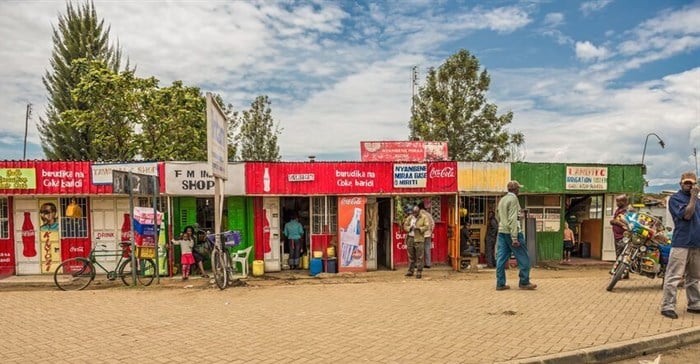Genomic surveillance key in Africa's Covid-19 fight

“If the pandemic is not controlled in Africa, we may see the production of vaccine-escape variants, which may profoundly affect the African and global population,” says Dr Matshidiso Moeti, World Health Organisation (WHO) regional director for Africa.
“We ignore mutations and variants at our own peril. The Delta variant is a wake-up call and underlines the importance of genomic information, and of ensuring that African scientists have the necessary resources to analyse the evolution of Covid-19,” he says.
“Without this analysis, variants can spread undetected on the continent and across the globe. This will prolong the acute phase of the Covid-19 pandemic, not just in Africa, but worldwide,” he adds.
Genomic surveillance
Genomic surveillance has been crucial to identify SARS-CoV-2 variants and guide the global public health response. Unfortunately, when the pandemic started, Africa was soon left behind.
Its fragile health and scientific infrastructure, weak purchasing power, and the fact that diagnostics and reagents were being hoarded by developed countries, made Africa the world’s least vaccinated continent. It did not have access to the technology required to fight the pandemic.
“Strengthening genomic surveillance systems across the continent is key for early detection and control of disease outbreaks,” says Dr John Nkengasong, director of the Africa Centres for Disease Control and Prevention (Africa CDC).
Science paper published
In close collaboration with the Africa CDC and the WHO, 112 African and 25 international organisations worked together and created a detailed analysis of SARS-CoV-2 variants and lineages in Africa.
The result is the production of this manuscript produced by hundreds of African scientists and public health officials across the continent - the first major output of Africa’s top scientists.
The detailed Science paper describes SARS-CoV-2 genomic surveillance in 33 African countries and two overseas territories.
It shows that the epidemics in most countries were initiated by importations predominantly from Europe, which diminished after the early introduction of international travel restrictions.
As the pandemic progressed, ongoing transmission in many countries and increasing mobility led to the emergence and continent-wide spread of many variants of concern and interest.
Increased genomics surveillance
To date Africa has increased its genomics surveillance and today, 40,000 African genomes are available in GISAID.
In spite of limited sampling, the African scientists identified many of the variants of concern (VOCs) and variants of interest (VOIs) that are being transmitted across the world.
Detailed characterisation of the variants and their impact on vaccine-induced immunity is extremely important.
“We are deeply committed to using the most advanced technologies in Africa to trace and combat the virus. If the virus keeps evolving on the African continent, this will become a global problem. It is our moral duty to try to protect Africa and the world,” says Prof Tulio de Oliveira, a professor of Bioinformatics who hold appointments at Stellenbosch University's School for Data Science and Computational Thinking, its Faculty of Medicine and Health Science and Faculty of Science, and director of the KwaZulu-Natal Research Innovation and Sequencing Platform (KRISP) at the University of KwaZulu-Natal.
The open-access manuscript is available on the Science website